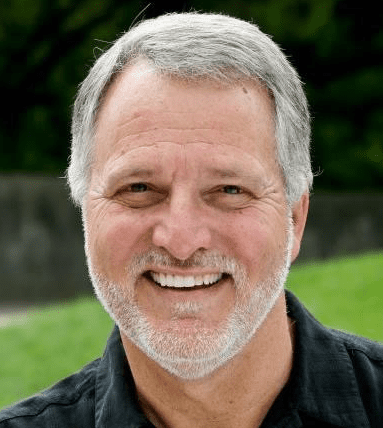 Because Jesus is the God-Man, that is, he is both 100% God and 100% human being in One Person forever, Jesus has insider knowledge of the nature of God. Because of this unique knowledge, Dennis F. Kinlaw proposes that we start with Jesus in attempting any theology of God.
Because Jesus is the God-Man, that is, he is both 100% God and 100% human being in One Person forever, Jesus has insider knowledge of the nature of God. Because of this unique knowledge, Dennis F. Kinlaw proposes that we start with Jesus in attempting any theology of God.
We are reviewing Kinlaw’s book Let’s Start with Jesus: A New Way of Doing Theology. In the last post, Kinlaw’s understanding of the perichoresis provided a fascinating excursion into the wonder of the Trinity. From that excursion, we learn that understanding what it means to be a “person” starts with our understanding of the Father, Son, and Holy Spirit. Human personhood is derivative from God-the-Three-in-One.
Jesus as God and as a human person had a clear consciousness of identity (79-82). While fully God, he knew that he was not the Father and the Father was not him. We become muddled in our own understanding of personhood when we adopt Enlightenment categories for defining our being as humans. To be cut off from God (because of sin) is to enter an alien land where being human gets very confused and reduced. Kinlaw’s distinction between “personhood” and “the self” is intriguing. We all suffer from the “reign of I.”
Jesus as God and as a human person knew that identity is defined within a web of relationships. There is no Son without the Father (and the Spirit). Human identity, then, is not a solo sport. We only know ourselves within meaningful community. “I think, therefore I am” is a crock and has messed up our understanding of both the individual and the community in Western thought.
Jesus as God and as a human person knows that relationships are reciprocal. We both give and receive in meaningful ways with others in order to be our true selves. This is true within the perichoresis. The Father is always “making room” for the Son and Spirit even as the Father is being received by the Son and Spirit. No one in the Trinity is ever acting alone. The Father, Son, and Spirit are forever deferring to one another in love.
Jesus as God and as a human person knows that he is free. Yet, with a sinless spin on the meaning of freedom. So the second person of the triune God is free, but his freedom does not express itself in doing what he pleases for himself. It is freedom to do the will of his Father; in doing his Father’s will, he finds his fulfillment. True freedom demands that he care more for another than for himself (87). Nothing is so wonderful or demanding as love.
Jesus as God and as a human person understands the meaning of holy. Holiness is always derivative in human beings. Only God is holy. Holy, therefore, “implies moral consciousness: the possibility to recognize moral choices and respond to the call of a holy God” (89). Kinlaw observes that those who make “immoral” choices recognize some standard of morality, of holiness.
What about love? If the eternal Son of God protected himself, refused to trust himself to the will of his Father, and ceased to live for someone other than himself, he would cease to be who he is, because God by definition is self-giving love. A person as a person, human or divine, finds fullness of life only in one beyond self (99). We are made to be related to others “in trusting love.”











